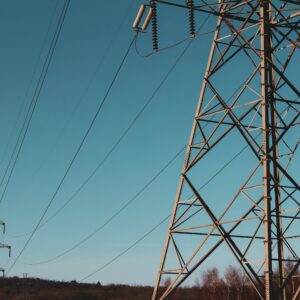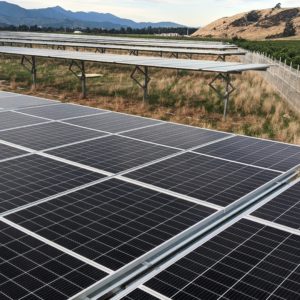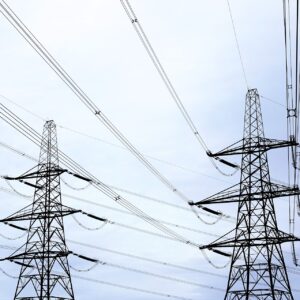"Coming up with a clear-cut response to American largesse is tricky for the EU as it involves negotiations between 27 member states. Also, Europe is ahead of the U.S. in some elements of its shift to clean energy. Excluding hybrids, electric vehicles accounted for 12% of new passenger vehicles sold in the EU last year, versus 5.8% in the U.S."
Congressman Michael Cloud Explains Role of American Innovation in Driving Environmental Progress
The latest fight in Washington D.C. is centered around the debt ceiling. Conservatives in the House of Representatives, led by Congressman Michael Cloud (R-TX), have begun to offer durable solutions to lower the federal debt and take steps toward a more balanced budget. Rep. Cloud recently joined John Hart on Right Voices to discuss his...
Greenland’s Rare Earths Could Be Key to Securing American Innovation
As China and other nations attempt to gain a foothold on the island, the U.S. should work with Greenland and Denmark to secure mineral deposits to consolidate Western energy security and prevent hostile control of the world’s rare earth elements.
To Secure Texas’s Future, The ERCOT Grid Will Need More Of Everything
David Blackmon writes in Forbes about Texas’ proposed grid restructuring. “The truth is that Texas is going to need more of everything if it is to be able to sustain its growing population and economy in the coming decades. While that means the need for additional thermal capacity must be satisfied, it also means renewables...
Biden’s Green-Energy Mineral Lockup
The Wall Street Journal’s Editorial Board writes about Biden’s nonsensical regulatory policies. “Wouldn’t it be better for American workers and the environment to mine these minerals in the U.S.? At least the Administration is consistent on one point: It wants to keep all U.S. natural resources that could be strategic energy assets in the ground.”...
Somewhere Between “No More Meat” and “It’s a Hoax:” The Electoral Case for Commonsense Environmentalism
"Republicans need to make the case for commonsense environmental policies like nuclear transformation. It’s the middle ground between banning meat to save the environment and bashing environmental concerns as a hoax. By focusing on local and community based climate solutions, an all-of-the-above approach to energy, and an acceptance of anthropogenic climate change, Republicans can win over young voters."
A New Approach to Clean Energy in 2023
Consumer demand for renewable energy offers a market-based opportunity to advance the energy transition without punishing taxpayers
Yes, There’s a Republican Climate Plan, and It’s Awesome
In the Climate Debate, Hitting Targets is Vastly More Important Than Having Targets
Texas Grid Proposal Should Bolster Reliability, Protect Consumers
As ERCOT attempts to iron out the specifics of its market redesign, affordability and reliability must be of the utmost concern.
New Report Highlights Economic Benefits of Renewable Energy in Texas
The current fleet of utility-scale wind, solar, and energy storage projects in Texas are estimated to generate $7.2–$8.8 billion in new tax revenue to local communities.









